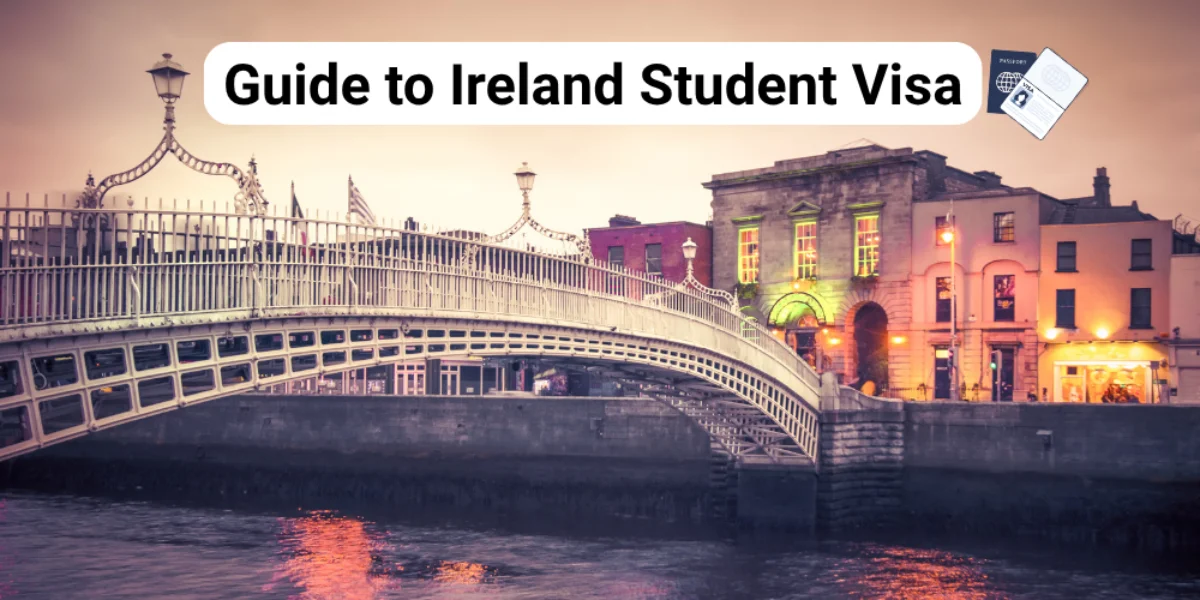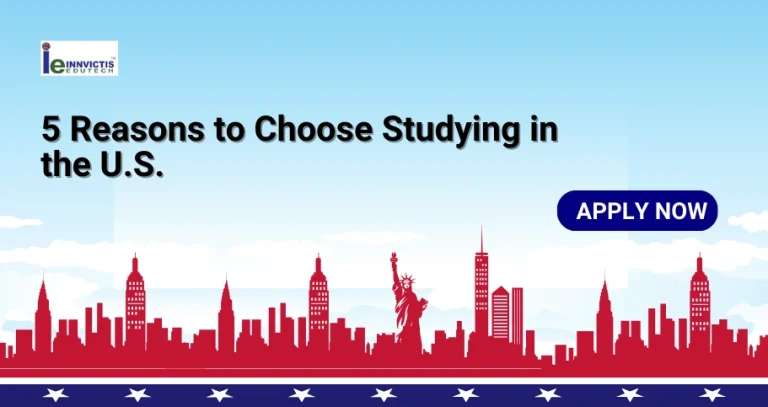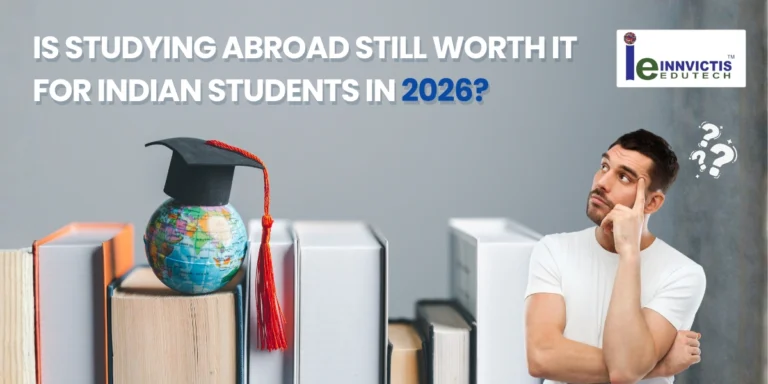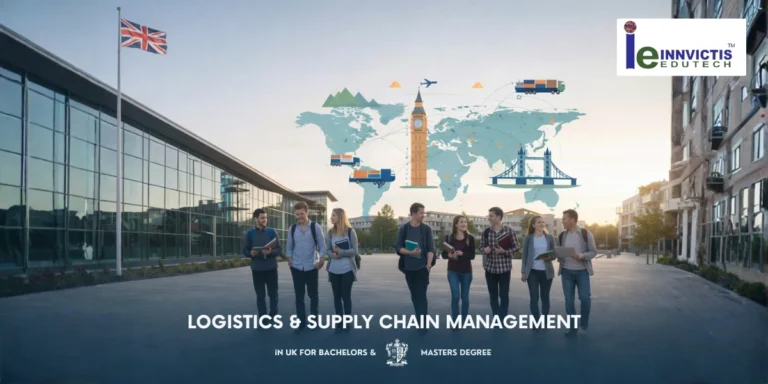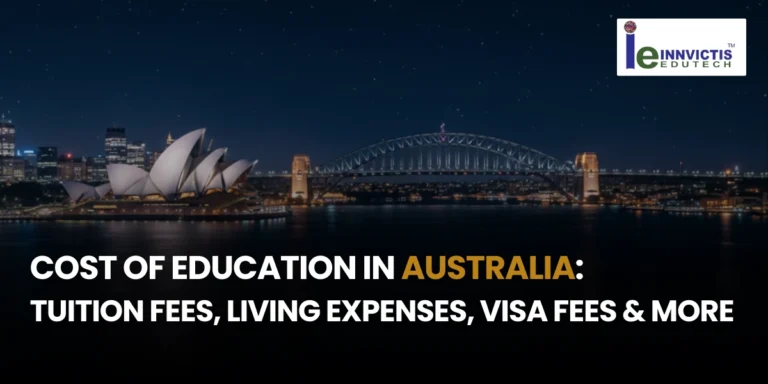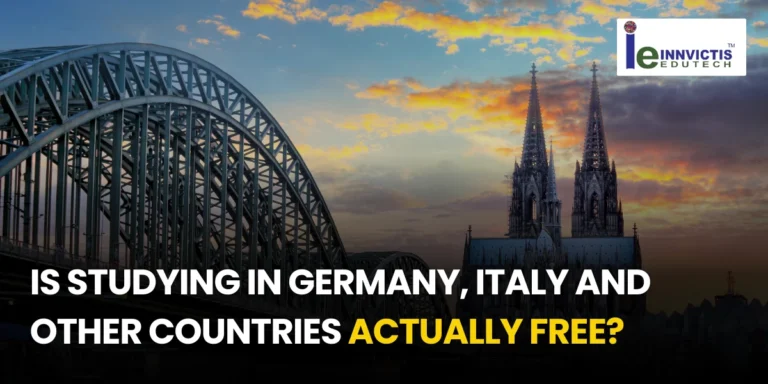Ireland, with its world-class universities, vibrant culture, and blooming economy, has rapidly emerged as a top destination for international students. Its friendly atmosphere, coupled with excellent educational standards and post-study work opportunities, makes it an attractive choice for those seeking a global academic experience. If you’re an Indian student aspiring to study in Ireland from India, this comprehensive guide will walk you through everything you need to know about securing your Ireland student visa.
Introduction
Dreaming of a global education? Study abroad offers an unparalleled experience, broadening your horizons and equipping you with a competitive edge. Ireland, with its welcoming nature and strong education system, stands out as an excellent choice for Indian students. This guide will specifically focus on the crucial details of obtaining your Ireland study visa, addressing common queries, and providing practical advice to ensure a smooth application process.
Why Choose Ireland for Higher Studies?
Ireland offers a unique blend of academic excellence and a rich cultural experience. Its universities are consistently ranked among the best globally, offering a wide array of programs across various disciplines, including highly sought-after Master degree in Ireland programs. But Ireland offers so much more than just great academics! It’s a safe and welcoming place with stunning scenery, plus a booming job market, especially in tech and pharmaceuticals. The opportunity to gain valuable international work experience after graduation further enhances its appeal. Furthermore, a growing number of scholarships in Ireland are available, making quality education more accessible for international students.
Types of Ireland Student Visas
Before you apply, it’s crucial to understand the type of visa you need, which primarily depends on the duration of your chosen course:
- C-Type Study Visa (Short Stay): If your course is less than 90 days (or three months) long, this is the visa you’ll need.
- D-Type Study Visa (Long Stay): This is the most common visa type for Indian students pursuing higher education, as it’s required for full-time courses exceeding 90 days.
Most international students planning to pursue undergraduate, postgraduate, or doctoral programs will require a D-Type Study Visa for their Ireland study visa.
Eligibility Criteria for Ireland Student Visa for Indian Students
To be eligible for an Ireland student visa for Indian students, you generally need to meet the following criteria:
- Acceptance from an Irish Institution: You must have an unconditional offer letter from a recognized Irish university or college listed on the Interim List of Eligible Programmes (ILEP).
- Financial Proof: Demonstrate sufficient funds to cover your tuition fees and living expenses for your stay.
- English Language Proficiency: Provide proof of your English language skills.
- Genuine Intent: Convince the visa officer of your genuine intention to study in Ireland and return to your home country upon course completion.
- Health Insurance: Possess valid private medical insurance for the duration of your studies.
- Academic Ability: Provide evidence of your academic qualifications and ability to pursue the chosen course. This is where strong profile building comes into play, showcasing your academic achievements, extracurriculars, and leadership potential.
- Clean Record: Have no criminal record or previous immigration violations.
Ireland Student Visa Requirements
Dreaming of studying in Ireland? Great choice! It’s not just top-notch education; Ireland is safe, beautiful, and has a booming job market, especially in tech and pharma. But getting that student visa means being super organized, as the rules are quite strict.
Key Documents You’ll Need:
- Passport: A valid one, plus any old passports. Make sure your current one won’t expire for at least six months after your planned stay.
- Visa Form: Your completed and signed online visa application (the AVATS summary sheet).
- Photos: Two recent passport-sized photos with a white background.
- Acceptance Letter: The original letter proving you’ve been accepted by an Irish school that’s recognized on the ILEP list.
- Fee Proof: Show you’ve paid at least €6,000 towards your tuition, or the full amount if your course is cheaper.
- Money Proof: You’ll need to show you have enough funds to live on—currently about €10,000 for your first year, plus ongoing funds if your course is longer. This means bank statements (usually six months’ worth), and if someone’s sponsoring you, their financial details too.
- Medical Insurance: Proof you have private medical insurance covering your entire stay.
- School Records: Your academic transcripts and certificates.
- English Scores: Your IELTS, TOEFL, or PTE results to prove your English proficiency.
- Statement of Purpose: A signed letter explaining why Ireland, why your course, and that you plan to return home after studying.
- Explain Gaps: If there are any breaks in your education, you’ll need to explain them.
- Accommodation: Details of where you’ll be living in Ireland.
- Police Certificate: A Police Clearance Certificate might be requested.
- Past Visa Issues: If you’ve ever had a visa refused for any country, you must disclose and explain it.
Financial Requirements for Ireland Student Visa
When you apply for your Ireland student visa, showing you’re financially stable is super important. As of June 30, 2025, new financial thresholds are in effect. Indian students must demonstrate:
- For courses longer than 8 months: €10,000 per year for living expenses.
- For courses of 8 months or less: €833 per month or a total of €6,665.
You’ll need to pay this amount on top of your tuition fees. You will need to provide up-to-date bank statements (covering the last 6 months) in your name or your sponsor’s name, clearly showing these funds are readily available. If you have a sponsor, you’ll need to provide proof of your relationship, their financial situation (e.g., salary slips, ITR for the last three years for business owners), and a clear letter stating their commitment to support you. Scholarship letters, if applicable, should also be included, as receiving a scholarship to study abroad can significantly reduce your financial burden. For managing your funds efficiently, understanding Forex for Study abroad options like student-specific Forex cards is crucial.
Language Requirements for Ireland Student Visa
Demonstrating English language proficiency is mandatory, especially if your course is delivered in English. The most frequently acknowledged tests and their standard minimum prerequisites are:
- IELTS:
- Undergraduate programs: Overall 6.0 – 6.5 (with no band less than 5.5 in some cases)
- Postgraduate programs: Overall 6.5 – 7.0
- TOEFL: Accepted by most universities.
- PTE Academic: Accepted by most universities.
It’s crucial to check the specific requirements of your chosen university and course, as they may vary. Your test results must generally be issued within the last two years of your course start date. This highlights the importance of thorough Exam Preparation for Study Abroad to meet these benchmarks.
Ireland Student Visa Fees
The standard visa application fees for Ireland study visa are:
- Single-entry visa: €60 (approximately INR 5,300 – 5,700)
- Multiple-entry visa: €100 (approximately INR 9,000 – 9,500)
Additional charges may apply, such as VFS biometric charges (around €20-€25) and optional courier charges. Just so you know, you won’t get these fees back, even if your application isn’t approved.
Processing Time for Ireland Student Visa
For Indian students, getting an Ireland study visa usually takes somewhere between 4 to 8 weeks, or around 40 working days, after you hand in your application. However, this can vary depending on:
- The completeness of your application.
- The volume of applications at the time (peak season, typically May to August, might lead to longer processing times.
- The specific visa office handling your application.
Step-by-Step Process to Apply for Ireland Student Visa
Here’s a detailed breakdown of the application process for your Ireland study visa:
- Secure Admission: Obtain an unconditional offer letter for your desired program, perhaps even a Master degree in Ireland, from a recognized Irish university or college.
- Pay Tuition Fees: Pay the required tuition fees as per your university’s instructions. Keep proof of payment.
- Complete Online Application (AVATS): Visit the official Irish Naturalisation and Immigration Service (INIS) website and complete the online visa application form (AVATS).
- Print and Sign Summary Sheet: Once completed, print the summary sheet, sign, and date it.
- Pay Visa Fee: The visa fee needs to be paid online.
- Gather Documents: Compile all the required documents as per the checklist, ensuring they are accurate and complete. Make copies of all original documents. This includes any documents related to scholarship for international students you might be pursuing or have secured.
- Book VFS Appointment: Schedule an appointment at your nearest VFS Global centre (the official visa application centre for Ireland in India)
- Submit Application and Biometrics: Attend your VFS appointment, submit your signed application form and all supporting documents, and provide your biometric data (fingerprints and photo).
- Track Application: You will receive a unique reference number to track the status of your application online.
- Await Decision: The visa office will process your application. You’ll be informed once a decision has been made.
Can You Work on an Ireland Student Visa?
Indeed, international students with a D-Type Ireland student visa for a full-time program on the ILEP list are typically allowed to work in Ireland. The regulations for working on an Ireland student visa are:
- Part-time: No more than 20 hours weekly during the academic term.
- Full-time: Up to 40 hours per week during official holiday periods (June, July, August, September, and from mid-December to mid-January).
Common Reasons for Ireland Visa Rejection
Even though Ireland has a notably high visa approval rate, some applications are still denied. Frequent causes for the rejection of an Ireland study visa are:
- Insufficient Financial Proof: Not demonstrating adequate funds to cover tuition and living expenses.
- Incomplete or Incorrect Documentation: Missing documents, inconsistencies in information, or uncertified translations. This highlights the importance of thorough Ireland visa assistance.
- Lack of Genuine Intent: Failure to convince the visa officer of your true purpose for studying and your intent to return to your home country.
- Poor Academic Records: If your academic background doesn’t align with the chosen course or shows significant gaps without proper explanation. This highlights the importance of robust profile development.
- Previous Immigration Violations: A history of overstaying visas or violating immigration laws in any country.
- Unacceptable Medical Issues or Criminal Record: Health concerns that might burden the Irish healthcare system or a criminal past.
- Choosing a Non-ILEP Course: Applying for a program or institution that does not appear on the Interim List of Eligible Programmes.
Ireland Study Visa Approved: What’s Next?
Congratulations! If your Ireland study visa is approved, here’s what you should do next:
- Plan Your Travel: Time to get your travel sorted! Book your flights and lock in your student accommodation in Ireland. Explore options like university accommodation, private rentals, or homestays.
- Gather Essential Documents: Keep all your original visa documents, offer letter, financial proofs, and academic records handy for immigration at the port of entry.
- Register with Immigration: Upon arrival, if your course is longer than 3 months, you must register with the Garda National Immigration Bureau (GNIB) and obtain an Irish Residence Permit (IRP). This typically involves paying a €300 fee.
- Familiarize Yourself with Local Laws: It’s a good idea to familiarize yourself with what’s legal and what’s not in Ireland.
- Connect with Your University: Attend orientation sessions and get acquainted with your campus and city.
- Manage Finances: Set up your Forex for Study abroad arrangements and local bank accounts.
Why Choose Innvictis Edutech for Ireland Study Visa Support
Navigating the complexities of an international visa application can be daunting. This is where Innvictis Edutech steps in as your dedicated Study abroad consultant for Ireland. With our expertise and comprehensive support, we simplify your journey to study in Ireland from India. We offer:
- Expert Guidance: Our experienced visa consultants provide accurate and up-to-date information on eligibility, Ireland study visa requirements, and the application process.
- Document Preparation: We support students in preparing specific documents as part of their university application and visa process.
- Application Review: We conduct thorough reviews of your application to ensure it meets all Irish immigration standards.
- Personalized Support: From course selection (including guidance on popular Master degree in Ireland programs) and profile building to Exam Preparation for Study Abroad (like for IELTS or other english exams to study abroad), and we offer tailored assistance to address your unique needs. We can help you identify and apply for scholarships to study abroad in Ireland.
- High Success Rate: We guide students that help them to secure an Ireland student visa.
- Accommodation Guidance: We also provide valuable insights and resources to find accommodation in Ireland for International students.
Let Innvictis Edutech be your trusted partner in realizing your dream of studying in Ireland from India.
Studying abroad in Ireland offers an incredible opportunity for personal and academic growth. While the Ireland study visa application process requires careful attention to detail, understanding each step and fulfilling all study visa requirements for Ireland will significantly increase your chances of success. By preparing a strong profile, building a solid foundation, and excelling in your exam preparation for studying abroad, along with obtaining expert Ireland visa assistance from a reliable study abroad consultant, you can confidently embark on your exciting educational journey in Ireland.
FAQs
Q1: How much money do you need in your bank account for an Ireland student visa in 2025?
As of June 30, 2025, you need to show €10,000 for living expenses for courses longer than 8 months, or €833 per month (total €6,665) for courses of 8 months or less.This is an additional cost beyond your tuition fees.
Q2: What is the minimum IELTS score for an Ireland student visa?
Generally, an overall IELTS score of 6.0 is required for an Ireland study visa. However, universities often require 6.0-6.5 for undergraduate programs and 6.5-7.0 for postgraduate programs. Always check your university’s specific requirements, and focus on thorough Exam Preparation for Study Abroad.
Q3: Can I apply for an Ireland student visa online?
Yes, the initial application process starts online through the AVATS system on the INIS website. You will then need to submit physical documents and biometrics at a VFS Global centre.
Q4: Is a Police Clearance Certificate (PCC) mandatory for the Ireland student visa?
A Police Clearance Certificate (PCC) is often required as part of the Ireland study visa requirements for Indian students. It’s advisable to obtain one.
Q5: What happens if my Ireland student visa is rejected?
If your visa is rejected, you will receive a refusal letter stating the reasons. You may have the option to appeal the decision or reapply with a stronger application addressing the reasons for refusal. Consulting an immigration expert or a Study abroad consultant for Ireland is highly recommended in such cases for Ireland visa assistance.
Q6: Are there any scholarships available for Indian students to pursue a Master degree in Ireland?
Yes, there are numerous scholarships in Ireland available for international students, including those pursuing a Master degree in Ireland. These include government scholarships (like the Government of Ireland International Education Scholarships), university-specific scholarships, and external grants. It’s advisable to research and apply for scholarship to study abroad well in advance. Some may even require specific scholarship exams to study abroad.
Q7: What kind of accommodation is available for international students in Ireland?
Options for accommodation in Ireland for international students include on-campus university accommodation, purpose-built student accommodation (PBSA), private rented apartments (often shared), and homestays with Irish families. It’s recommended to start looking for accommodation in Ireland for students early due to high demand.
Q8: How can I manage my money in Ireland as an international student?
For Forex for Study abroad, it’s recommended to use a multi-currency Forex card or open a local Irish bank account upon arrival. You can transfer funds from India using reliable money transfer services. Ensure you are aware of exchange rates and transaction fees.
Q9: What is Profile Building for study abroad applications?
Profile Building involves strategically enhancing your academic and extracurricular achievements, writing compelling essays (SOPs), securing strong Letters of Recommendation (LORs), and showcasing leadership and community involvement to create a holistic and impressive application that stands out to universities, especially when applying for a Master degree in Ireland or scholarship for international students.

